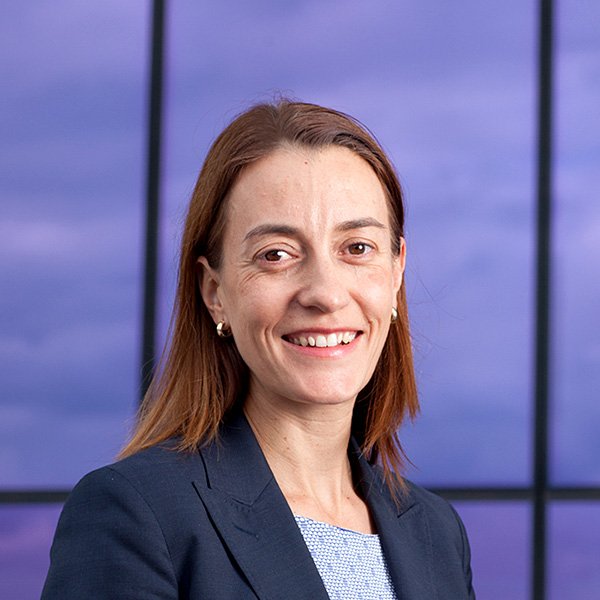
Professor Sarah-Jane Dawson
A medical oncologist and two cancer researchers are among 28 new Fellows elected to the Australian Academy of Health and Medical Sciences in recognition of their outstanding contributions to health and medical research
Professor Sarah-Jane Dawson, a medical oncologist and Group Leader at the Peter MacCallum Cancer Centre, Victoria was admitted at the Academy’s sixth annual meeting on 14-16 October.
Professor Dawson, who is Head of the Molecular Biomarkers and Translational Genomics Laboratory at Peter Mac, was recognised for her work as a clinician scientist “who has consistently demonstrated excellence, leadership and dedicated service to health and medical research in Australia,” the Academy said.
“Professor Dawson’s research has pioneered fundamental advances in the clinical application of cancer genomics and the development of personalised biomarker approaches using circulating tumour DNA. This body of work has led to the rapid expansion of research in this field and established a new paradigm for molecular disease monitoring in cancer.”
“Professor Dawson continues to demonstrate an ongoing commitment to advancing healthcare through the translation of her discoveries into the clinical arena to improve survival outcomes for cancer patients.”
Also recognised with a Fellowship of the AAHMS is Professor Susan Clark, Research Director, Genomics and Epigenetics Division, Garvan Institute of Medical Research, NSW. The Academy noted that Professor Clark is a worldwide pioneer in the field of cancer epigenetics.
“Her research revolutionised the field through her pivotal contribution to advancements in new technologies for profiling DNA methylation changes in early development and cancer. Her current research involves understanding the 3D epigenetic landscape of large‐scale domains in cancer, and developing new genome‐wide sequencing and bioinformatic protocols to map DNA methylation, histone modifications and regulatory RNA profiles.”
“Professor Clark’s team has recently demonstrated that epigenetic changes in cancer encompass large genome‐wide domains, resulting in global and coordinated gene silencing and activation, which provide new insights for disease diagnosis and treatments.”
Cancer epidemiologist Professor Lin Fritschi of Curtin University, WA, is also made a Fellow of AAMHS. The Academy said Professor Fritschi was recognised for her expertise in occupational causes of cancer.
Academy President Professor Ingrid Scheffer said the new Fellows elected to the Academy represent the nation’s “best brains in health and medicine.”
“We are delighted to welcome these 28 Fellows who will help us continue to deliver on this purpose and contribute to tackling our nation’s worst health crisis in a generation,” she said.